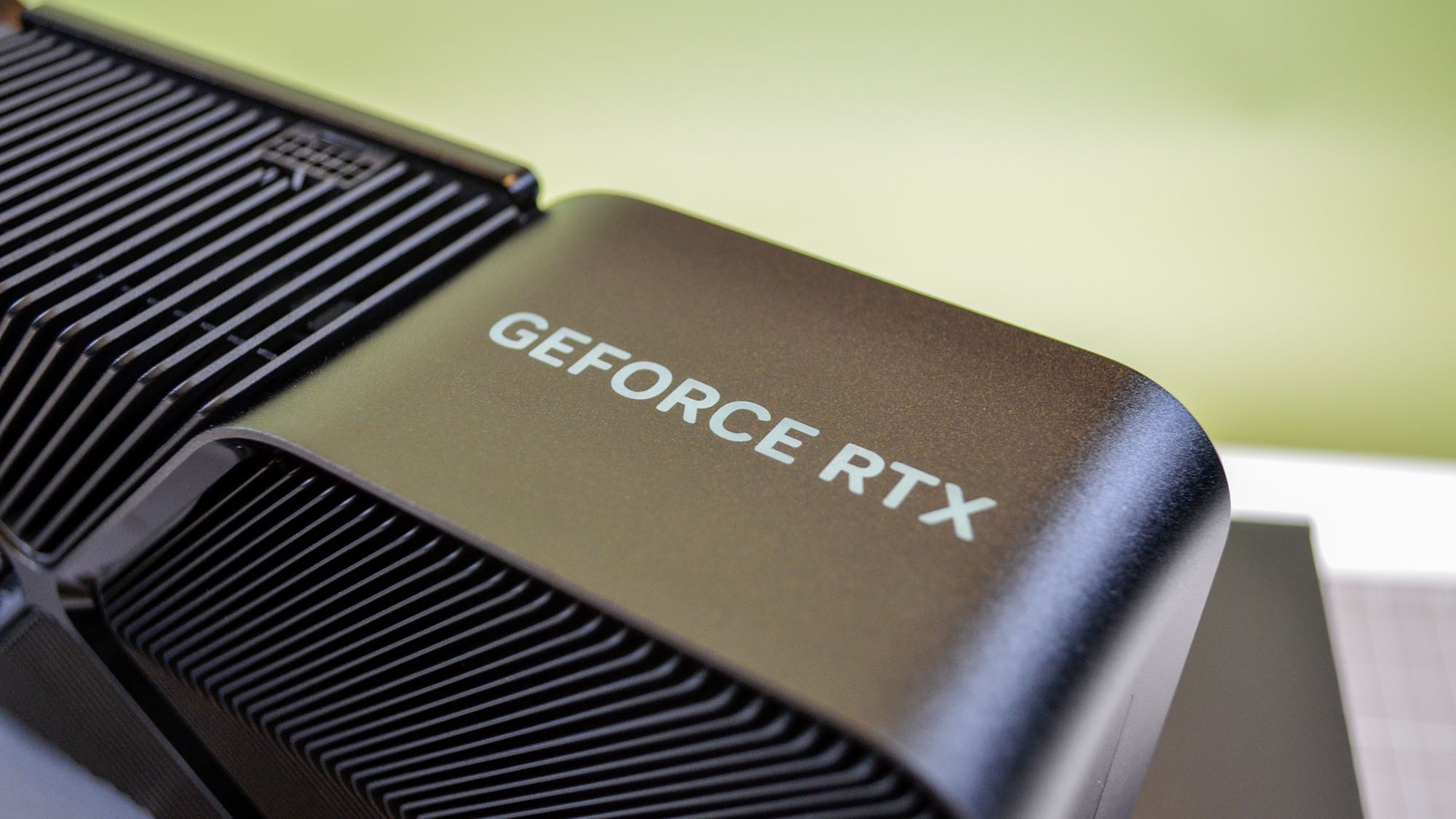
A new report from the tech industry grapevine could spell bad news for gamers looking to invest in the upcoming Nvidia RTX 5090 graphics card.
RAM costs are set to rise by 3-8% in the next three months, according to the latest report from TrendForce (via PCGamesN). This will also affect the prices of future graphics memory, so while the current list of the best graphics cards is safe, it could impact the MSRP of cards down the line like the Nvidia RTX 5090.
While we don’t have an absolute definitive reason for the PC RAM price hike, TrendForce asserts that the trend is caused by an increase in server demand, likely due to the rapid growth in AI and data center server orders.
For current-gen graphics card VRAM, demand is either stable or declining so existing stock is more than enough to fulfill demand. As such, only new GPUs entering production that use GDDR7 memory will be affected. There’s also the TSMC preparing to raise prices to capitalize on Nvidia’s ever-skyrocketing profits, and though this won’t affect memory prices directly, it will still contribute to GPU cost hikes.
There is some silver lining, however, as projected price increases in RAM have been much lower than first expected, especially compared to Q2 and Q3 2024. This is due to both high existing inventory levels, stable or declining consumer demand, and fewer manufacturing issues that affected previous quarters.
What this means for Nvidia
While a 3-8% price increase doesn’t seem like much, that increase applied to a premium graphics card like the Nvidia RTX 5090 would make a card that’s already expected to be extremely pricey even more so.
This could be bad news for Nvidia’s graphics card sales, as it could further push away buyers away. If Nvidia wants to maintain its market dominance, it would be the smartest avenue to take a slight hit to its profit margin and keep its MSRP as originally planned.
And it would be a shame for the RTX 5090 to fall by the wayside, as it seems to be shaping up to be built with some very impressive tech. For instance, Micron’s GDDR7 VRAM will feature speeds of up to 32Gb/s and up to 1.5TB/s of bandwidth, which—as the manufacturer points out—is 60% more bandwidth than GDDR6. It’s also stated to have a 50% improvement in power efficiency compared to GDDR6.
The RTX 5090 boasts a better than 30% improvement in frames per second for gaming — both ray tracing and rasterization — as an average across 1080p, 1440p, and 4K resolutions. The improvement for 4K in particular will be more pronounced, and ray tracing at 4K (maxed out with ultra details) should see a huge leap of 3x over GDDR6 according to Micron (with a hike of 50% over GDDR6X).
Whatever happens, hopefully this memory price hike won’t spoil the fun for too many gamers out there.




















+ There are no comments
Add yours